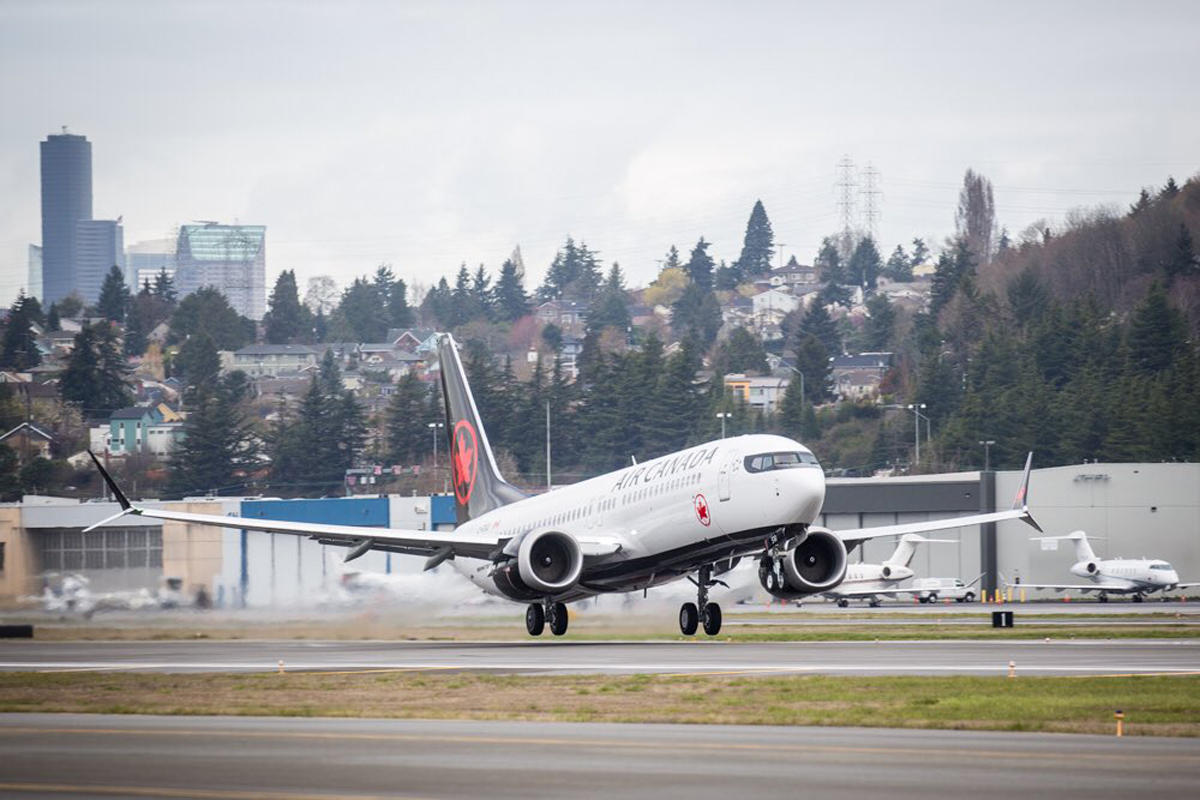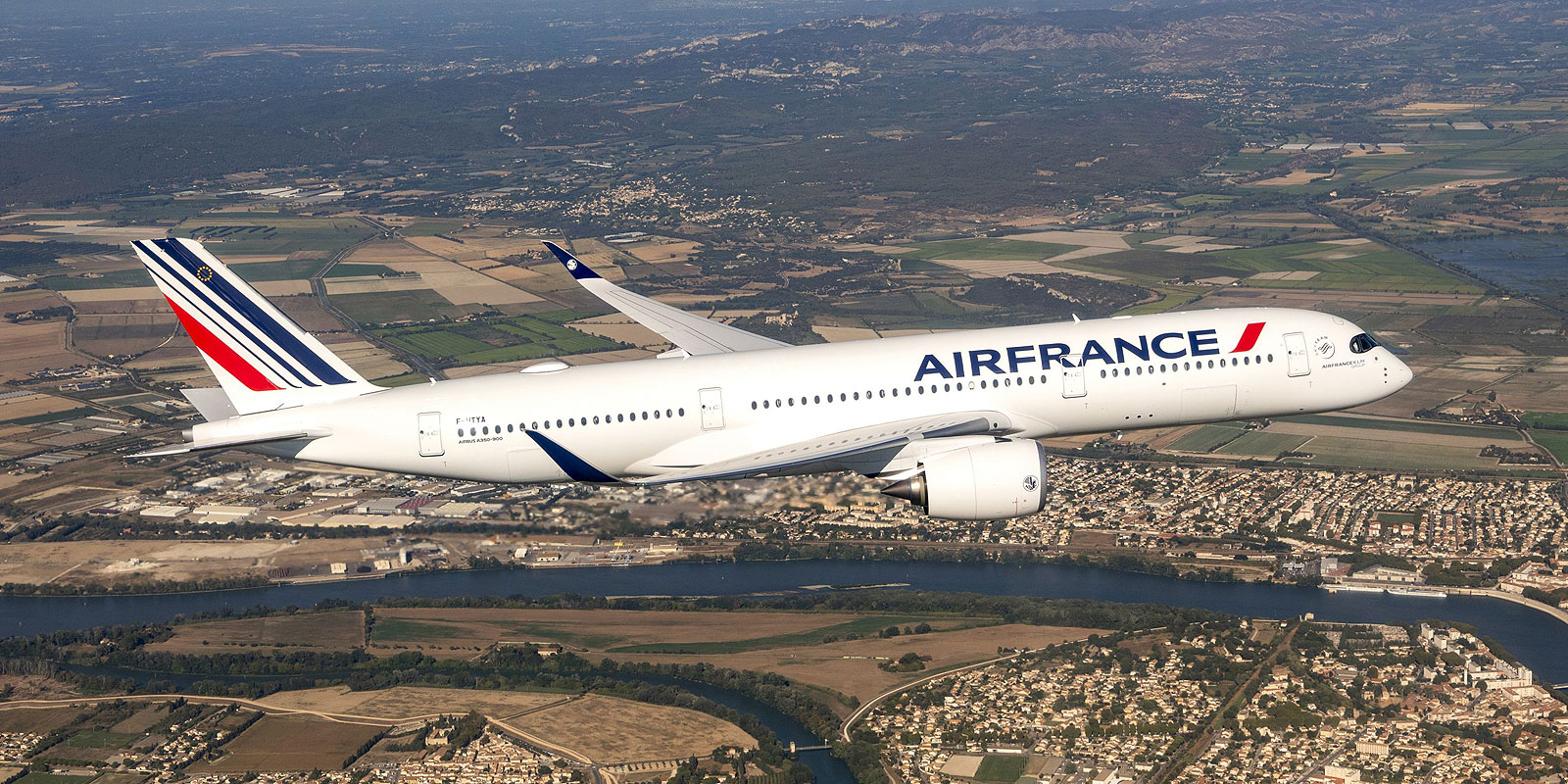The COVID-19 pandemic is reversing a long process of privatizing major airlines in various parts of the world, but especially in Europe.
After the Portuguese government resumed control of TAP, other European carriers have received financial resources from the state to survive. The counterpart has been an increase in government participation in these companies.
The French government, for example, injected 4 billion euros into the Air France-KLM group, now holding 30% of the company’s shares. It is more than the 20% that the German government has in Lufthansa, but far from the 44% that Sweden and Denmark started to have in the airline SAS after it was recapitalized.
Before France helped Air France, the Dutch government had already provided financial resources for KLM, expanding its share in the group.
Europe, with a past in which the major airlines belonged to the state, leads this movement but there are exceptions such as in the United Kingdom, whose government has not launched any bailout package, despite the critical situation of most of them.

State participation in flag airlines, however, is not restricted to Europe. The Canadian government has just closed a $4.7 billion aid deal for Air Canada after months of negotiations.
Despite being liberal, the government of Prime Minister Justin Trudeau agreed to save the largest carrier in the country, through some conditions such as job management and the limitation of the annual compensation of its executives.
Air Canada will also maintain orders for new Airbus A220-300 jets (33 units) and Boeing 737 MAX (40 planes). In return, the Canadian government will own 6% of the company’s shares.
But no initiative can match that of Italy, which is launching a new national airline on the ashes of Alitalia. The carrier is expected to reach the market in the second half with providential help from the state and under a new name, ITA.
In common, governments claim that maintaining their main airlines is a strategic decision in preserving jobs and an entire economic chain linked to transport and tourism.

